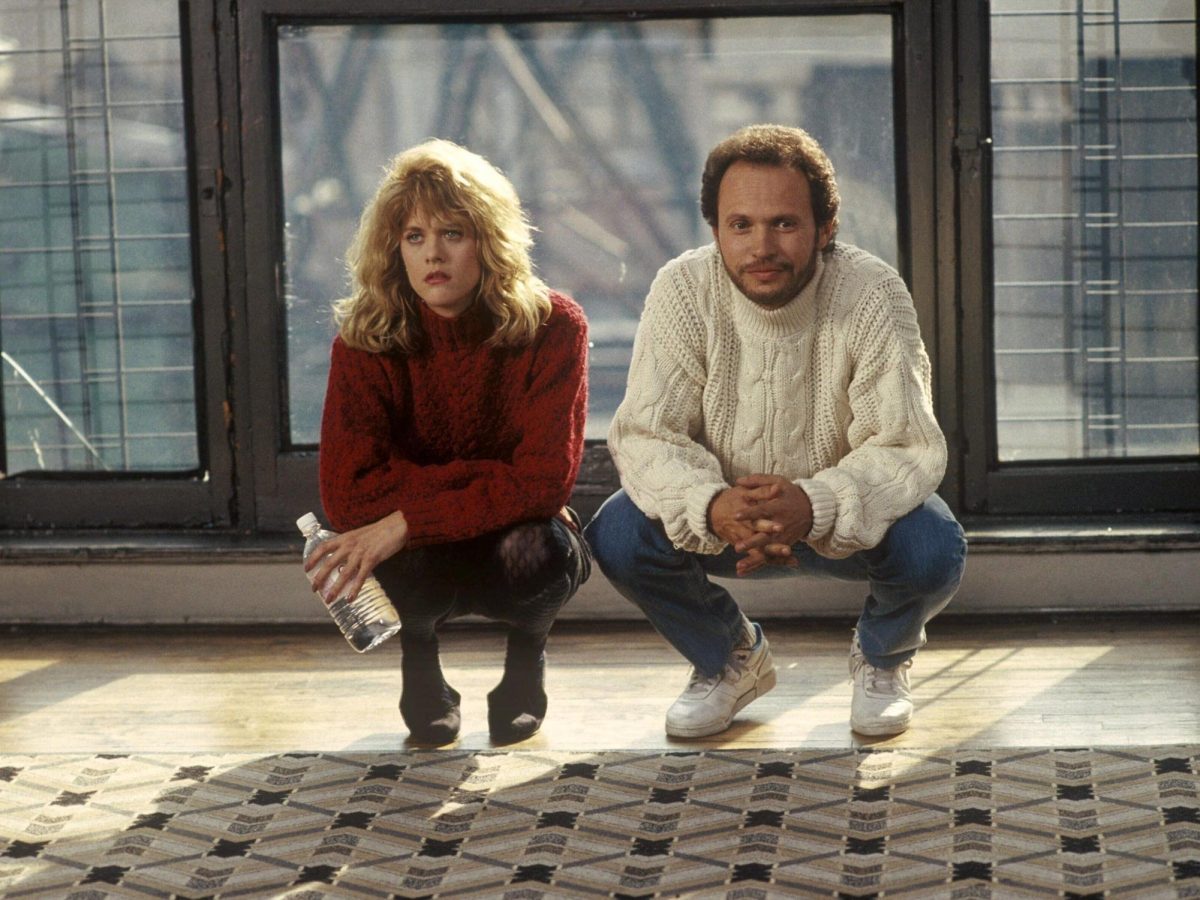Gustav Ahr, better known by his stage name Lil Peep, died of a suspected overdose Wednesday night, Nov. 15, in Tucson, Arizona. While a spokesman from the Tucson Police Department indicated that officers had found evidence of an overdose of Xanax laced with fentanyl, Lil Peep’s cause of death is not confirmed.
The 21-year old was a rising artist and performer whose music creatively combined the rap and emo genres to great effect. Born in 1996 in Long Beach, Long Island, Lil Peep had pursued music from an early age. He left high school early and moved to Los Angeles, where he began seriously producing music, posting on Soundcloud, and developing a sizeable following soon after.
Lil Peep often mentioned his struggle with depression and drug use in interviews, as well as in numerous songs. The honesty of his lyrics resonated with several of his listeners, creating a relationship between Lil Peep and his fans that ran extremely deep. In mourning his death, many of his fans credit his lyrics for saving their lives. Lil Peep’s passing is a loss not only for the music industry, but also to those suffering from depression and drug abuse. If anything, his death has ignited an all-too-quiet conversation about the romanticization and glorification of depression and addiction.








